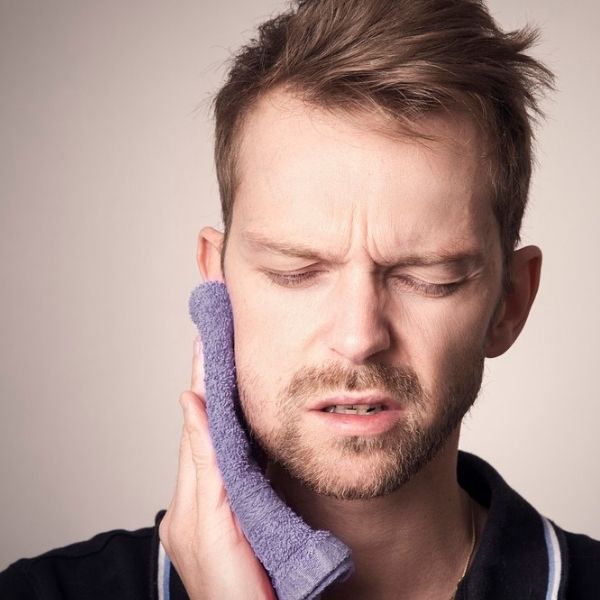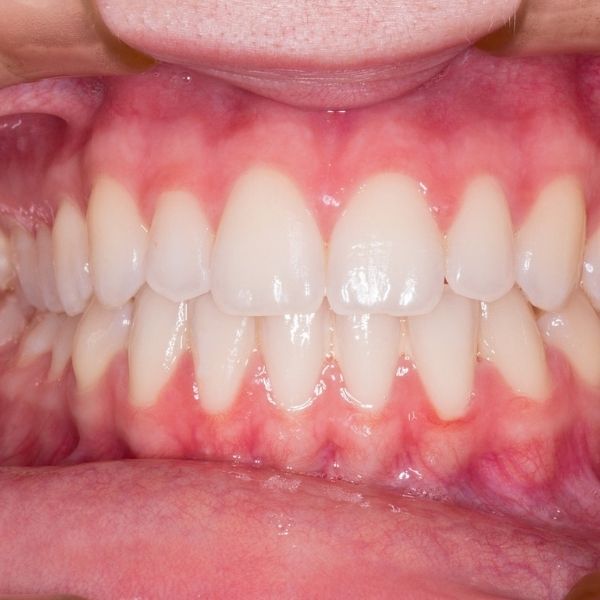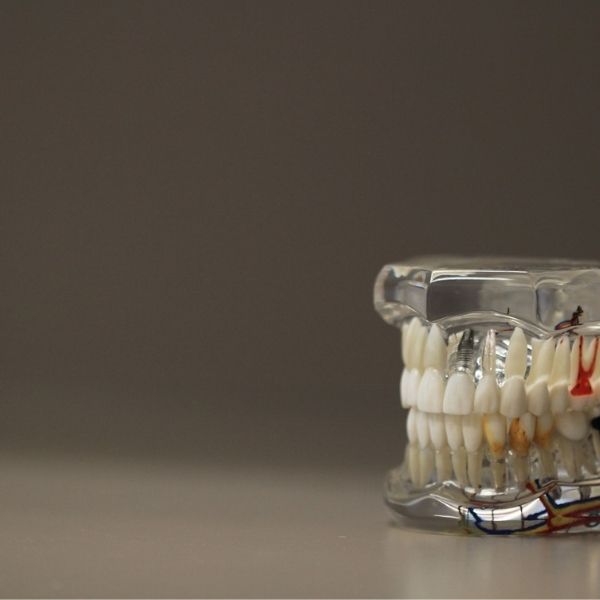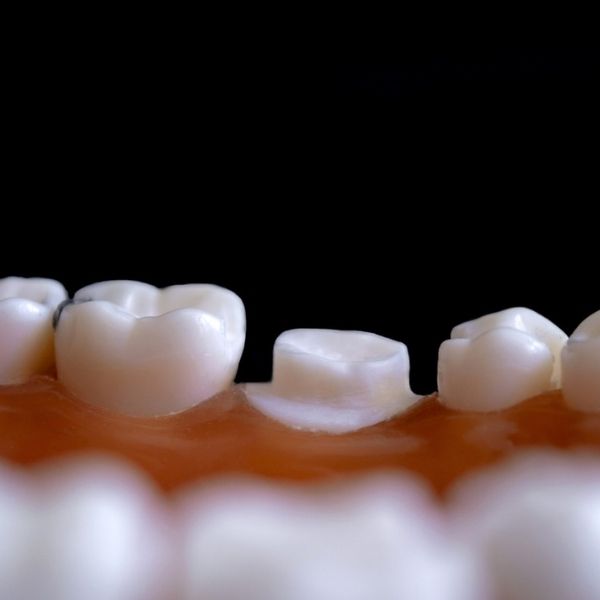When you’re in pain, the first question you may ask is how to relieve toothaches quickly. Toothaches can range from mild to severe, and the discomfort often causes a disruption in daily life. Whether caused by decay, gum issues, or injury, toothaches can be frustrating and leave people wondering if they can go away on their own. While the pain might seem to vanish temporarily, it’s essential to understand that toothaches are usually a sign of a deeper problem. If you’re dealing with a toothache and wondering how to relieve it, this article will guide you through potential remedies and explain why seeking professional help is vital.
Understanding Toothaches and How to Relieve Them
Before you can understand how to relieve toothaches, it’s helpful to know what might be causing them. Toothaches are typically a symptom of an underlying issue, such as:
- Tooth Decay: One of the most common causes of toothaches is tooth decay, which occurs when bacteria erode the enamel and eventually affect the inner layers of the tooth. Knowing how to relieve toothaches caused by decay involves addressing the cavity and preventing further damage.
- Gum Disease: Gum disease can lead to inflammation and infection, causing the gums to become sore and potentially leading to toothaches. In such cases, how to relieve toothaches involves improving gum health and reducing infection.
- Dental Abscess: An abscess forms when bacteria cause an infection in the tooth or gums, creating a pocket of pus. Relief from abscess-related toothaches often requires dental intervention, as the infection won’t heal on its own.
- Cracked or Fractured Teeth: Toothaches may occur if you have a cracked or fractured tooth. This can expose the nerves and cause pain, especially when chewing. Learning how to relieve toothaches from this type of damage may involve protecting the tooth until you can see a dentist.
- Teeth Grinding (Bruxism): Constant grinding or clenching of the teeth wears down enamel, leading to discomfort and toothaches. If this is the case, how to relieve toothaches involves using mouthguards or other methods to reduce grinding.
- Impacted Wisdom Teeth: When wisdom teeth don’t have enough room to grow properly, they can push against other teeth, causing pain and inflammation. How to relieve toothaches caused by impacted wisdom teeth often requires surgical removal.
Can Toothaches Go Away on Their Own?
If you’re searching for how to relieve toothaches, you may be hoping the pain will go away by itself. In some instances, the pain may temporarily subside, but this doesn’t mean the issue is resolved. Toothaches rarely go away without treatment because they are a signal of an underlying problem.
For example, toothaches caused by mild sensitivity may seem to disappear once the triggering factor, such as hot or cold foods, is removed. However, the sensitivity is likely due to enamel erosion or gum recession, and understanding how to relieve toothaches in this case means addressing the root cause, not just the symptoms.
How to Relieve Toothaches at Home Temporarily
While it’s essential to visit a dentist if you’re experiencing ongoing tooth pain, there are some methods for how to relieve toothaches at home temporarily while you wait for professional treatment. These home remedies are not permanent solutions but can help manage pain:
- Over-the-Counter Pain Relievers: Taking non-prescription pain medications like ibuprofen or acetaminophen can help reduce inflammation and provide temporary relief. This is a common and effective method for how to relieve toothaches until you can see a dentist.
- Cold Compress: Applying a cold compress to the outside of your cheek for 15-20 minutes can help numb the pain and reduce swelling. For those wondering how to relieve toothaches caused by trauma or swelling, this can be particularly helpful.
- Saltwater Rinse: Rinsing your mouth with warm saltwater can reduce bacteria and soothe inflamed gums, which is another method for how to relieve toothaches caused by gum irritation or minor infections.
- Clove Oil: Clove oil contains eugenol, a natural anesthetic, which can numb the area around the tooth. Applying a small amount to the affected area may provide temporary relief, making it a traditional method for how to relieve toothaches.
- Hydrogen Peroxide Rinse: Diluted hydrogen peroxide can help reduce inflammation and kill bacteria if you suspect an infection. While this can help with how to relieve toothaches temporarily, it’s crucial to use this method carefully and only under proper guidance.
- Elevating Your Head: Keeping your head elevated can prevent blood from pooling in the painful area, which can help relieve pressure and discomfort. This is a simple yet effective method for how to relieve toothaches at night.
Why Toothaches Seem to Disappear
Sometimes, you may notice that your toothache seems to have disappeared. While this might feel like a relief, it’s not a sign that the issue has resolved. Toothaches may fade temporarily for several reasons, including:
- Nerve Damage: If the decay or infection has progressed to the point where the nerves in the tooth are damaged or dying, you may not feel pain anymore. However, this does not mean the problem is fixed. In fact, nerve damage can make the situation more serious, so knowing how to relieve toothaches before they reach this stage is essential.
- Drained Abscess: If an abscess drains, you may feel relief from the pressure and pain. However, the infection is still present and needs to be treated by a dentist. Otherwise, it could spread to other parts of your body, posing serious health risks.
Why You Shouldn’t Ignore Toothaches
While knowing how to relieve toothaches temporarily is helpful, ignoring the root cause can lead to bigger problems. Here’s why you should always seek professional help:
- Worsening Tooth Decay: Cavities don’t heal on their own. Left untreated, decay will continue to erode the tooth and eventually reach the pulp, causing more intense pain and possibly requiring a root canal or extraction.
- Gum Disease Progression: Gum disease can start with mild irritation, but it can lead to tooth loss if not addressed. Learning how to relieve toothaches caused by gum disease means catching it early and following proper oral care.
- Infection Spread: Infections in the tooth or gums can spread to other parts of your mouth or even your bloodstream. Knowing how to relieve toothaches is only the first step—professional treatment is crucial to prevent life-threatening complications.
Preventing Future Toothaches
The best approach to avoid wondering how to relieve toothaches is to prevent them from happening in the first place. Practicing good oral hygiene and seeing your dentist regularly are key preventive measures:
- Brush and Floss Daily: Brushing at least twice a day and flossing daily helps prevent the buildup of plaque, which is the primary cause of tooth decay and gum disease.
- Limit Sugary Foods and Drinks: Reducing your intake of sugar can prevent the growth of harmful bacteria that cause cavities and toothaches.
- Regular Dental Checkups: Seeing your dentist every six months allows for early detection of problems and can help you avoid toothaches altogether.
- Use Fluoride: Fluoride helps strengthen enamel and protect against decay, making it a valuable part of any oral care routine aimed at preventing toothaches.
How to Relieve Toothaches
In conclusion, knowing how to relieve toothaches is important, but it’s equally important to recognize that toothaches are often a sign of a deeper problem that requires dental treatment. While home remedies can provide temporary relief, the pain will likely return if the underlying issue isn’t addressed. Whether the toothache is caused by decay, gum disease, an abscess, or another issue, the best way to handle it is to seek professional dental care as soon as possible. By addressing the root cause, you can prevent further damage and maintain a healthy smile.





